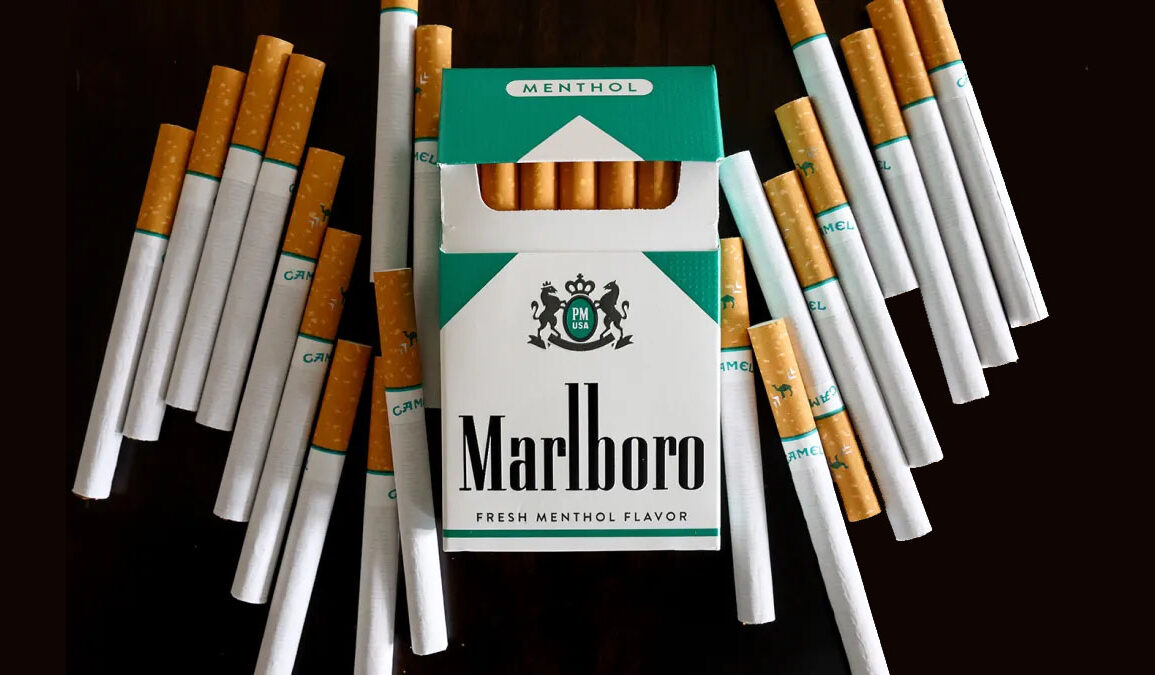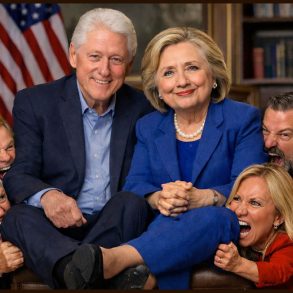President Joe Biden is advancing a proposal that could effectively ban traditional cigarettes by drastically reducing their nicotine content. While the stated goal is to curb addiction and improve public health, critics argue that the plan is overly simplistic and could lead to unintended consequences, including a surge in black-market sales and increased crime.
What is Biden Trying to Do?
The Biden administration, through the Food and Drug Administration (FDA), is pursuing a rule that would set a maximum nicotine level for cigarettes and certain other tobacco products. The aim is clear: make cigarettes less addictive, or even non-addictive, in hopes of driving down smoking rates in the United States.
FDA Commissioner Robert Califf has stated that this move could mark one of the most significant public health actions in history. “Lowering nicotine levels to minimally addictive or non-addictive levels would decrease the likelihood that future generations of young people become addicted to cigarettes and help more currently addicted smokers to quit,” Califf said.
This proposal isn’t entirely new. Efforts to regulate nicotine have been ongoing since the Obama administration, and similar measures were considered during the Trump presidency. Now, with regulatory review completed in early 2025, the Biden administration seems determined to finalize this rule before leaving office.
Is This a Cigarette Ban in Disguise?
While the rule doesn’t outright ban cigarettes, many critics see it as a de facto prohibition. Cigarettes with drastically reduced nicotine content would likely fail to satisfy addicted smokers, driving many to either smoke more or seek out higher-nicotine alternatives through illicit means.
Rich Marianos, a former assistant director of the Bureau of Alcohol, Tobacco, Firearms, and Explosives (ATF), didn’t mince words when he described the policy: “Biden’s ban is a gift with a bow and balloons to organized crime cartels, whether it’s cartels, Chinese organized crime, or Russian mafia. It’s going to keep America smoking, and it’s going to make the streets more violent.”
Marianos and other critics argue that by essentially removing nicotine from cigarettes, the government is pushing smokers toward black-market products, where safety regulations are non-existent, and profits fund criminal enterprises.
Why Ban Cigarettes Now?
The Biden administration points to public health data as the driving force behind the proposal. Smoking remains the leading cause of preventable death in the U.S., contributing to nearly 480,000 deaths each year. Supporters argue that reducing nicotine levels will break the addictive cycle that keeps smokers hooked.
A simulation study published in the New England Journal of Medicine suggests that if nicotine levels in cigarettes were reduced by 95%, smoking rates among adults could drop to just 1.4% by the year 2100.
But while the numbers paint an optimistic picture, real-world studies show mixed results. Some research suggests that smokers will simply compensate by smoking more cigarettes to achieve the same nicotine hit, potentially exposing themselves to even greater amounts of harmful toxins like tar and carbon monoxide.
The Black Market Threat
One of the most pressing concerns raised by critics is the potential explosion of a black market for full-strength cigarettes. Organized crime syndicates, including Mexican cartels and Chinese counterfeiters, are already deeply involved in the illegal tobacco trade. Lowering nicotine levels in legal cigarettes could create a massive demand for illicit products.
Marianos warned, “This decision is being thrown down the public’s throat without one ounce of thought and preparation. Nobody sat down with law enforcement, doctors, or regulators to ask about the unintended ramifications of such a poor choice.”
Increased black-market activity doesn’t just mean lost tax revenue. It also means unregulated products flooding the market, heightened criminal activity, and increased law enforcement challenges.
Who Really Wins?
If the proposal becomes law, it seems unlikely that public health will be the primary beneficiary. Instead, the biggest winners could be international cartels and counterfeiters who are already well-versed in smuggling illegal tobacco products.
Consumers, on the other hand, may end up paying the price. Frustrated smokers could turn to unsafe, unregulated products, potentially increasing their health risks rather than reducing them.
The Case for Alternatives
Critics suggest that rather than pushing for a nicotine mandate, the Biden administration should focus on harm reduction strategies. Products like e-cigarettes, heated tobacco devices, and nicotine pouches have been shown to be significantly less harmful than traditional cigarettes.
These products offer smokers a safer way to satisfy their nicotine cravings without the carcinogenic tar and other toxic chemicals found in combustible cigarettes.
History offers several cautionary tales about prohibition. Alcohol prohibition in the 1920s led to a rise in organized crime and a thriving black market. More recently, bans on menthol cigarettes have similarly fueled illicit sales and smuggling operations.
As the Biden administration pushes forward with its plan, it faces significant opposition from lawmakers, law enforcement, and public health experts. The proposal’s potential consequences—ranging from increased black-market activity to reduced public safety—cannot be ignored.
If the goal is truly to create a smoke-free society, then policymakers must weigh their options carefully. Prohibition-style tactics have a long history of failure, and without addressing the root causes of smoking addiction, this plan risks becoming yet another cautionary tale.
NP Editor: It remains to be seen whether Biden can pull this off – and yet it would effectively destroy the legal cigarette market. I don’t smoke and I’m certainly not a fan of cigarettes, but this seems a bit wrong-headed to me.
The only purpose of a cigarette, and the reason people are willing to tolerate the bad effects, is as a nicotine delivery system. If you ban cigarettes, then addicts will find other avenues. But reducing nicotine does not keep cigarettes out of the hands of children, and vaping is proving very harmful. I know Biden is trying to make a point, I’m just not sure what it is.








